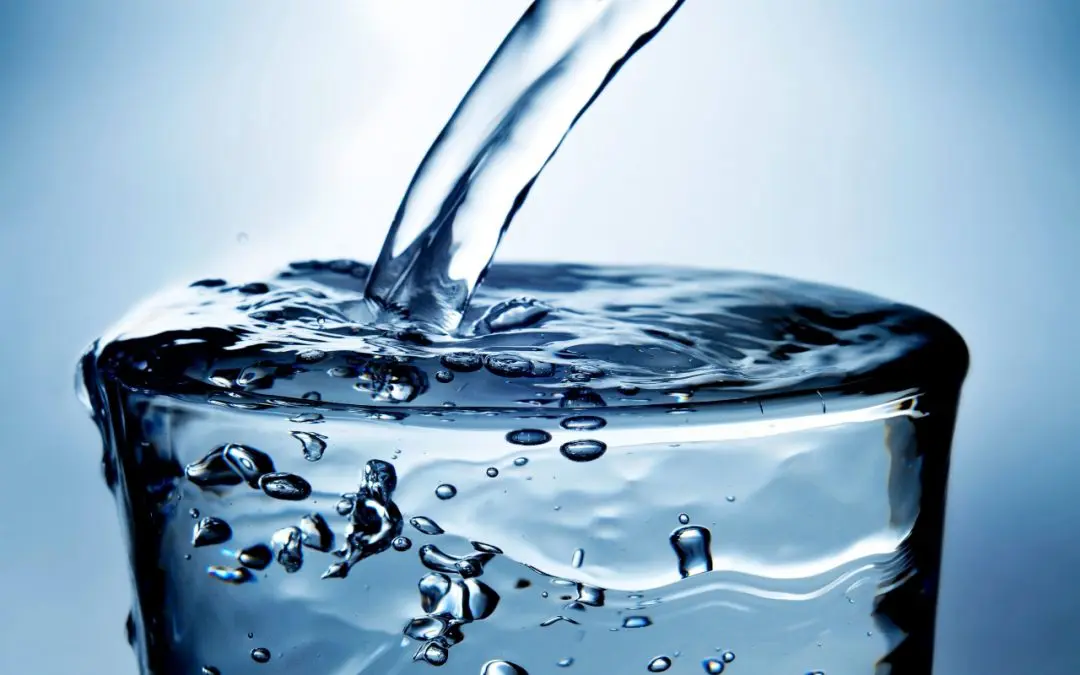We use water in our homes for bathing, drinking, cooking, and cleaning. If you’re concerned about the health of your family, you may be curious about your home’s water quality. Depending on the source, the water may have pollutants and contaminants. Fortunately, there are various types of water filters for your home. Each one has its pros and its cons. Learning about your options will help you make the right decision for your home.
Options for Home Water Filters
Activated Carbon Filters
When carbon, or charcoal, is activated, its surface area expands, providing more openings to catch and trap pollutants. As water flows through the filter, certain contaminants become trapped in the pores resulting in cleaner water.
These types of filters are effective for removing sediment, chlorine, pesticides, and volatile organic compounds. They are unable to remove salts, minerals, and inorganic compounds which have dissolved.
Carbon filters don’t need electricity to function. So, if the power goes out, you still have clean drinking water. They are also less expensive than other options and come in many different formats.
Reverse Osmosis Water Filters for Your Home
A reverse osmosis (RO) filter system purifies water through a multi-step process. First, it screens out larger particles, like silt and sand. Second, its carbon filter removes organic contaminants. Finally, chemical contaminants, heavy metals, viruses, bacteria, and fluoride are removed through a semipermeable membrane.
There are a few disadvantages, however. Reverse osmosis needs high water pressure to function. If you are trying to reduce your water usage, this type of filter may not be for you. Approximately one-third of the water is purified. The remaining water is flushed away.
Ceramic Filters
If you’re interested in a filter that will last a long time, can be set up easily, and is inexpensive, you might want a ceramic filter. Water is filtered through very small pores, removing most contaminants. Although it reduces protozoa and bacteria in your water, it does not remove them all. It doesn’t filter out viruses either.
Ceramic filters are relatively inexpensive and do not require electricity to work.
Water Filters for Your Home Include UV Purifiers
UV water purifiers use ultraviolet light to sterilize your home’s water. They kill microorganisms, including viruses, bacteria, and various parasites. They do not filter out minerals, fluoride, and other non-living contaminants. Two additional disadvantages are that these filters require electricity to function and are also considerably more expensive than other options.
UV Filters are best used in conjunction with other types of home water filters for best results.
Water Distillers
Water distillers are unique purifiers in that they change the form of the water to steam, then back to liquid again. The process effectively removes a wide range of harmful contaminants and kills bacteria.
It is a slow process, however, and requires hours to produce just a small amount of purified water. Since distillation requires electricity, it also raises your power bill each month.
No matter which type of home water filter you choose, your water will be healthier and better tasting for you and your family.
Buyer’s Edge provides professional home inspection services, including water quality testing, to Western North Carolina. Contact us to request an appointment.

